Reflexology
A complementary therapy for health, relaxation and renewal.
Who would benefit from reflexology?
Anyone!
Reflexology can improve mood, help you sleep better, optimise good health and build resilience. However, it does not aim to cure or diagnose.
It is great as a self care treat. Many of my clients come to me with a gift voucher they have been given for a reflexology session, and then become loyal clients.
I also work with clients to help them deal with long term conditions such as Parkinson’s, arthritis, ME, cancer and endometriosis.
Reflexology also helps women deal with PMS and menopause, and many clients use it to relieve stress and anxiety.
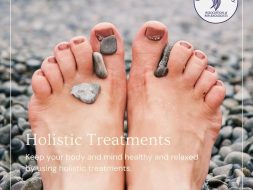
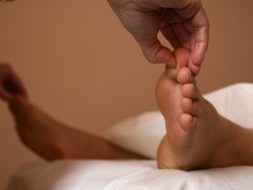
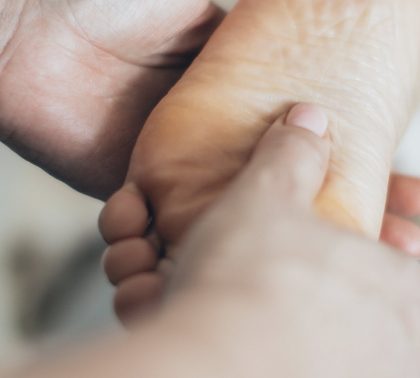
What is reflexology?
Is reflexology a new thing?
No! Did you know that some form of foot and hand therapy has been around for over four thousand years in places like China and Egypt?
Reflexology is a wonderful natural therapy that reflects the aspects of your feet and hands to highlight what's going on inside your body. Each area corresponds to different organs, glands, and structures, and by gently applying pressure, a reflexologist can help your body find its healthy balance.
The goal of reflexology is to treat you as a whole person, bringing harmony to both your body and mind. When you're in a state of relaxation, your body can heal, restore, and energise itself.
Reflexology is great for everyone, and can be especially helpful for long-term conditions.
Just remember, reflexology is a complementary therapy that works best alongside conventional medicine. So why not give it a try and see how it can benefit you?
The Benefits of Reflexology
Balance
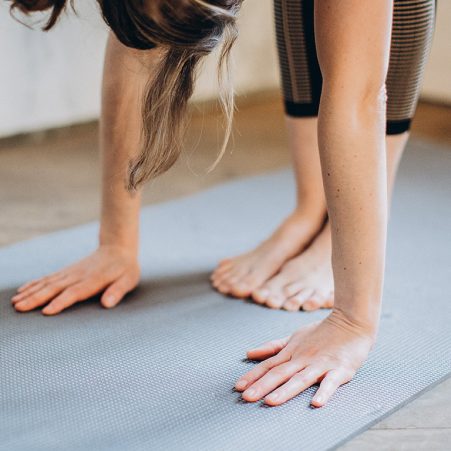
Reflexology is a wonderful way of maintaining your body's healthy balance and general wellbeing, reducing the stresses and tensions that come with busy lifestyles and giving us a space to reflect on the mind as well as the body.
Relaxation

Reflexology can induce a deep state of relaxation, which improves the effectiveness of the treatment. Relaxing helps relieve tension and aids circulation, increasing the flow of nutrients, oxygen and energy to all parts of the body, and helping with the removal of toxins.
Health
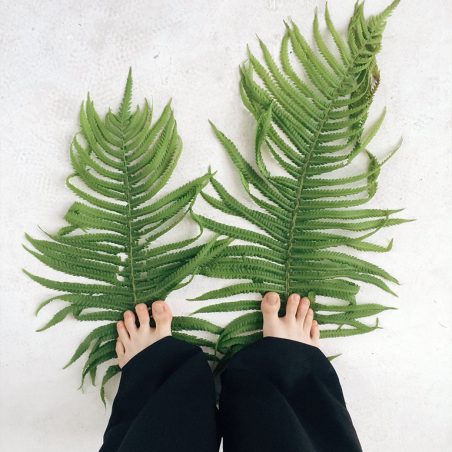
While it is not a cure, Reflexology can be particularly helpful in managing many health conditions, especially constant or recurring ones that we might have come to accept over time as being a normal part of life.
Frequently asked questions
Everyone is different and the response to Reflexology can be immediate or sometimes take longer than one appointment, but often benefits can be seen after 4-5 sessions. Regular weekly treatments are best for the body to begin the self-healing process, and following an initial consultation I will suggest the number of Reflexology sessions I think we should aim for.
Reflexology sessions for individuals last 60 minutes and cost £45 per session (£50 from 1st July).
Note that if you want to cancel an appointment I require 48 hours’ notice; otherwise you will still need to pay for any sessions missed. I accept payment in cash, or by bank transfer.
Reflexologists cannot claim to diagnose or cure, but during a treatment we get 'feedback' as to which parts of the body are working well and which are not. Sometimes Reflexology will highlight a specific area which is struggling or working hard to maintain your wellbeing; if a particular reflex point shows this kind of reaction I'll discuss it with you at the end of the session.
Reflexology is performed entirely on the feet, ankles or hands, so the most you’ll have to do is take off your socks and roll up your trousers! During the treatment you'll lie on your back on a reclining chair, supported by pillows and covered with a soft blanket to keep them warm.
And don’t worry - reflexology doesn't tickle! Many clients come to me with ticklish feet or worried about their feet being touched, but find they can relax and enjoy the benefits of Reflexology.
You might find some areas feel sensitive to the touch, but Reflexology does not involve hard pressing in the way something like a sports massage might. As a therapist I will be aware of the status of your feet, noticing how they feel, the temperature and colour. All these things play a part in understanding which areas of your body - as reflected through your feet - require a bit more care and attention.
Not necessarily, but after an initial course of treatment many people choose to check in monthly for a top-up, to help maintain their general wellbeing, or as a scheduled 'de-stress'. Other clients will get back in touch if they start feeling aches and pains, arranging treatments as and when they need them.
©2025 Linzi McKerr
powered by WebHealer